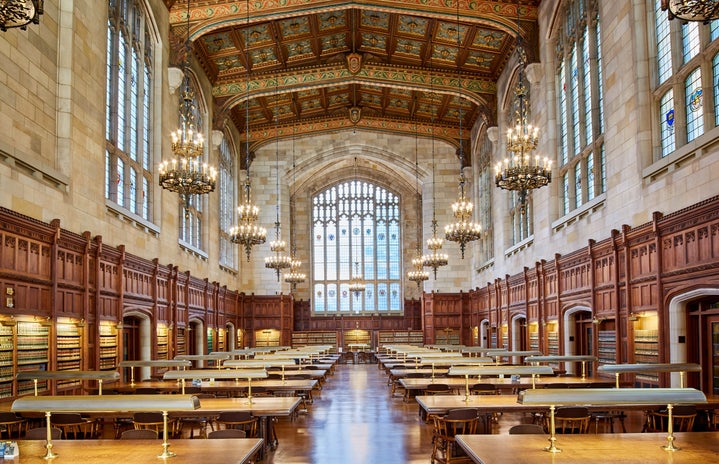News broke this week surrounding corruption within the University of California (UC) system’s admissions practices which has allowed 64 admissions based on superficial factors over a six-year period, according to an audit run by the state. These factors include connections to faculty, family donations, wealth, etc. Within the UC system, UCLA, UC San Diego, UC Santa Barbara, and UC Berkeley were assessed during the audit and were found to have admitted non-competitive students with high family incomes and who are overwhelmingly white. In a familiar callback to the Lori Loughlin case, the audit revealed that despite a lack of athletic demonstration or history, several students were enrolled as athletes.
Although affirmative action consistently endures embers of anger, discriminatory admissions practices are often overlooked, until they’re exposed and brought under the scrutiny of the public eye— for about a week. Last year we made a ruckus over the college admissions scandal involving various high-profile individuals— including Lori Loughlin and Felicity Huffman— though it seems that nothing happened. Nobody took any action to change the admissions process. And a year after one of the most scandalous high-profile news stories (not related to our current president or his cronies about whom there have been many) the same accusations have been leveled against the UC system. As a Californian, I am especially disappointed in the UC system. These institutions have been the subject of national praise for years, as home to some of the most sought after universities in the country: UCLA, UC Berkeley, UC Santa Barbara, and more. I was raised with the notion that they were paramount to most other universities, save the Ivy Leagues of course. My family and school counselors could not have painted a prettier picture. As years have passed, I’ve witnessed that illusion fade and the facade wrinkle and blemish. They can’t hide behind their reputations anymore, or so I would have assumed.
When various highly ranked universities came under fire last year for admitting students unfairly, the public unleashed their collective wrath and called for change within the admissions departments. Then, the universities made statements expressing their disdain for the numerous incidents of bribery and other illegal acts, though no real action was taken. This issue is bigger than the UC system. The U.S. higher education system remains under the influence of wealth and no formalities will erase that fact. The curtain has been pulled back, we can see the man, and he directs our attention away from himself. And we look away.
We can no longer afford to look away. For too long, the education system has blatantly used its admissions practices to discriminate against poor, non-white people, only barely curtailing the laws put in place to stop these discriminatory practices. Despite all of the advantages wealthy and/or white people enjoy, they still wield their wealth to beat down the disadvantaged, and often more competent, applicants; Worse, they’re getting away with it. For this reason, now is not the time to stay silent. Especially now, with COVID-19 disproportionately ravaging these already disadvantaged communities, it’s time to fight the system. It’s time that we recognize our power in society and hold our institutions accountable. Universities serve to educate; they do not serve to further stratify society based on superficial and irrelevant factors. We must come together to make them a place of education, not separation.
It’s time to be loud, wreak havoc on our schools, and push them to do better. As college students, we have the power to change the landscape around us. We are a university’s main customers; we fund them. Without our support, they would crumble. I’m not so naive to think that the entire student population would come together to drop out of school. Realistically, if we could get more students to talk about and expose their school’s crimes, we could create enough pressure to incite change somewhere. Every change begins somewhere, but we need to get there before we can see any landmark action.
We can’t be silent any longer.



